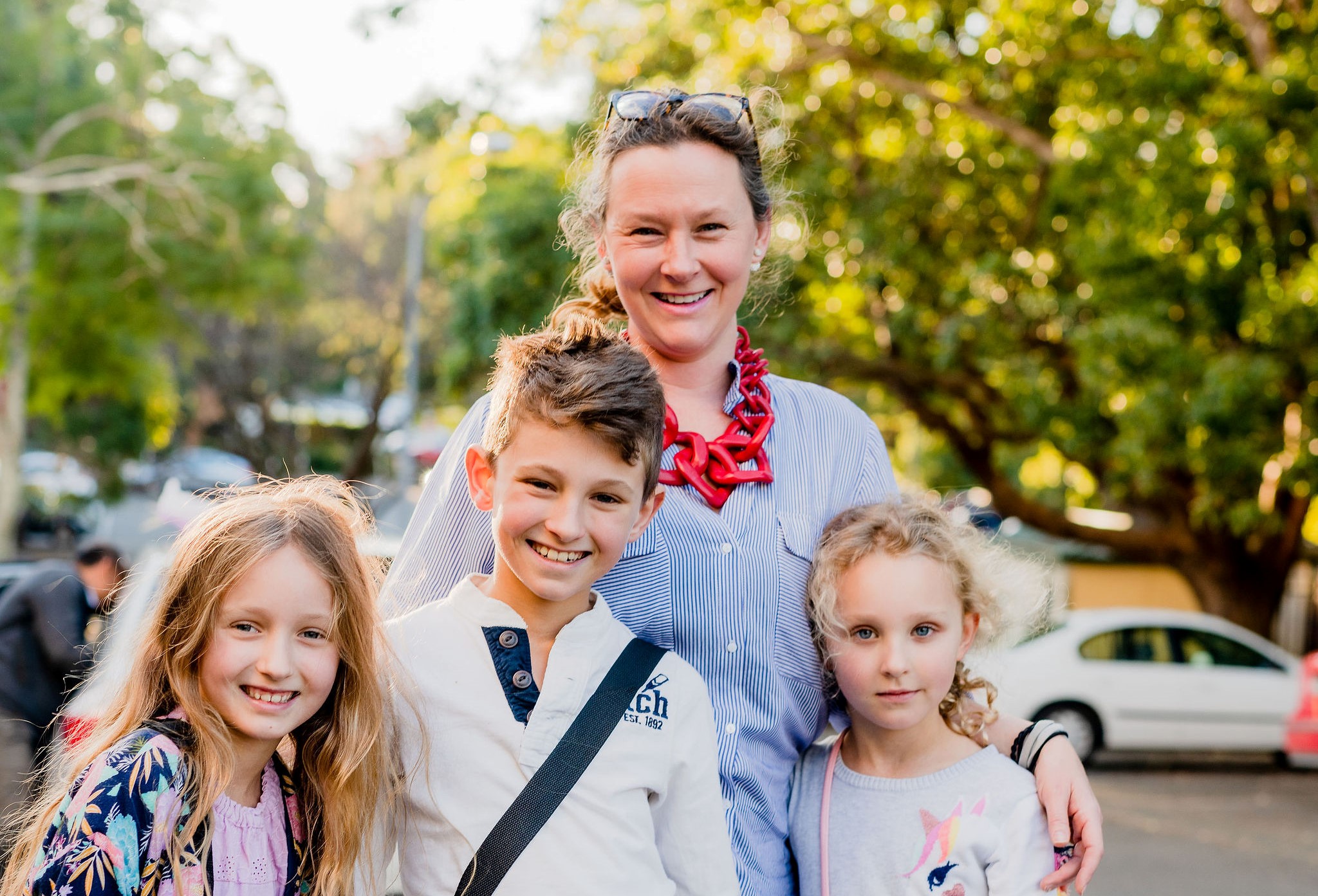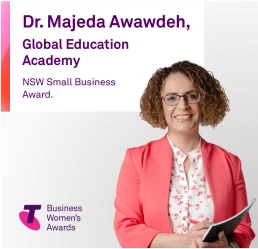
Many parents have been pulling their hair out since they have, without choice or preparation, found themselves in the role of teacher to their children. This is not ideal even for parents who are teachers by trade. I do remember when my own children needed help with their homework, our peaceful night turned into a nightmare. Note that I am a teacher. It would have been much worse if I were not.
So how do we make life easier for the not-by-choice-home-schooler parents?
Most important skill – Problem-solving
I’ll give you a few seconds to go back and read the above two paragraphs and reflect on them.
As per Fact 2 and 3, allocate 30 minutes a day (preferably in the morning) for Maths and 30 minutes for English. To make the best of it, these two 30-minute sessions need to be proceeded by 10 a minute mindfulness session to help with building full awareness and connection. Address one concept for 4 consecutive sessions (over 4 consecutive days). This will allow you to allocate 2 hours per week for Maths and 2 hours per week for English. The fifth day, you reflect on the whole week of learning.
Young children love using what they just learned. Utilize it. When they learn, let’s say measurement, use what you learned in the backyard, on your walks, or in making a meal. Number bonds can be your 2 minutes warm-up before the session or make it a song. Writing can become a project of co-authoring a book with your child.
As I am a “why person” I want to share with you why it works.
This is an evidence-based approach. I have studied Cognitive Load Theory in my PhD into Education. The theory emphasises structure and efficiency. We have been using the approach for 9 years now at Global Education Academy and it has been delivering great results. According to Cognitive Load Theory, for any learning material to be effective, the design of these materials must keep the learners’ cognitive load at a minimum during the learning process. This will ensure that their working memory is not overloaded, hence building schemas is facilitated. In addition, connecting maths and English to real-world experience reduces cognitive load as it links these concepts to long-term memory bypassing the limitations of working memory. As you might know, long term memory is unlimited in capacity and duration, so make the most out of it. When you connect mathematical concepts such as fractions to fair sharing instead of geometrical shapes, that mean nothing to young children, you are enabling learning with efficiency; in other words, using less space in working memory and consequently enhancing performance. This is what I call efficiency.
Most importantly, when your child masters the four steps of problem-solving (UPSL™- understand, plan, solve and learn) you can rest assured that your child will be an independent thinker and a problem solver. It is a much-needed life-long skill.
This blog is written by Dr Majeda Awawdeh, the author of “Who Cares about Maths Anyway?” and the Founder of Global Education Academy.
Dr Majeda Completed a PhD at UNSW In Mathematics Education and Cognitive Load Theory. She put the theory into practice and established Global Education Academy in 2011. The business grew from a handful of students to near 300 this year in two locations in Sydney. Dr Majeda and the Academy have received many awards, the latest being the 2020 Telstra Business Women’s Award in the Small Business category NSW.
Dr Majeda is also a keynote speaker, a domestic violence advocate and believes in making a difference to children’s lives one child at a time.







